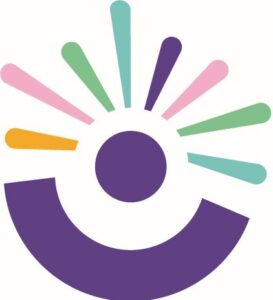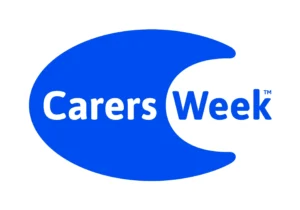Posted 03.12.2025
Bespoke Mental Health’s secondary care programme: Our contribution on Problem Solving
On September 23rd, 2025, the Meriden Programme proudly presented as part of Bespoke Mental Health’s Secondary Care Programme. We delivered a half-day workshop titled: “Problem Solving – Using a Structured Problem-Solving Process in Clinical...
Read the full story





